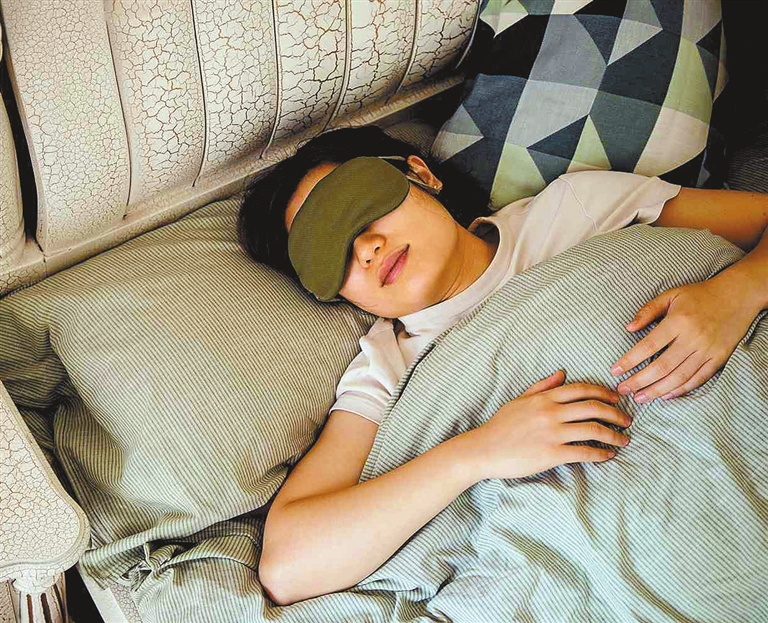
EACH new year offers hope for a new beginning that focuses on you. Will it be eating a healthier diet? Getting more exercise? Nurturing new and old relationships? Reducing or coping better with stress at home and at work? All these efforts are sure to bring benefits to your long- and short-term health. Yet you’re more likely to succeed in your objectives, experts say, if you start by focusing on better quality sleep. Being well-rested boosts mood and improves energy, thus giving you a jump start to achieve your dreams and goals. The “sweet spot” for restorative slumber is when you can sleep continuously through the four stages of sleep four to six times each night. Since each cycle is roughly 90 minutes long, most people need seven to eight hours of relatively uninterrupted z’s to achieve this goal. A sleep schedule Establish a set wake-up time, even on weekends, vacations or after a night of poor sleep. If bedtime and wake-up times change from day to day or on weekends, your sleep rhythms aren’t predictable, and the body doesn’t know how to respond. “The brain likes regularity and predictability,” said Michael Grandner, who directs the sleep and health research program at the University of Arizona and the Behavioral Sleep Medicine Clinic at the Banner-University Medical Center in Tucson. “Waking up at the same time every day,” he said, “and then adding light and movement as soon as you wake up, will set your other rhythms for the day and give you increased energy.” Avoid certain food and drink Don’t turn to alcohol to calm your nerves or help you sleep. Alcohol may help you fall asleep, but it traps you in the lighter stages of sleep. Your body needs to experience all three stages of sleep — light sleep, the REM or dream state, and deep sleep — to repair and restore itself fully. Staying away from caffeine after midday and avoiding heavy or spicy foods that can create heartburn or other digestive issues can help as well. Good sleep hygiene There are many more ways to train your brain to go to sleep and stay asleep. Good habits include eliminating blue light and noise, taking warm baths or doing yoga for relaxation, and keeping the bedroom cool and free of electronic devices. Make the bedroom sacred Reserve your bed for sleep. As normal as it may seem sometimes to work from bed or play games with the kids in bed, doing so doesn’t teach your brain to view the bedroom as a place for slumber. There’s one more recom-mendation that Grandner swears by, saying that in his clinic it is as effective as prescription sleep medications: “The best sleep tip you can ever give somebody is get up — don’t lay in bed awake but not sleeping.” “Whether it’s the beginning of the night or the middle of the night, if you’ve been awake for 20 or 30 minutes, get up and reset,” Grandner said. “Maybe you just need five minutes to get sleepy, or maybe an hour, but don’t spend that time awake in bed.” Why is that so important? Because lying in bed awake can form an association in your brain that can lead to chronic insomnia, Grandner said. Instead of being a restful spot where you peacefully fall asleep, your bed then becomes an anxious place where you toss and turn and wake up tired. (SD-Agencies) | 
